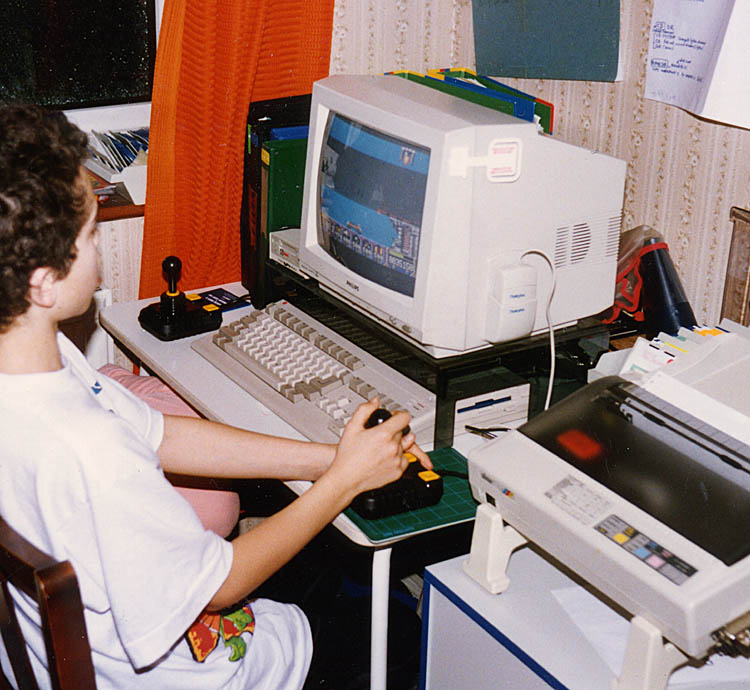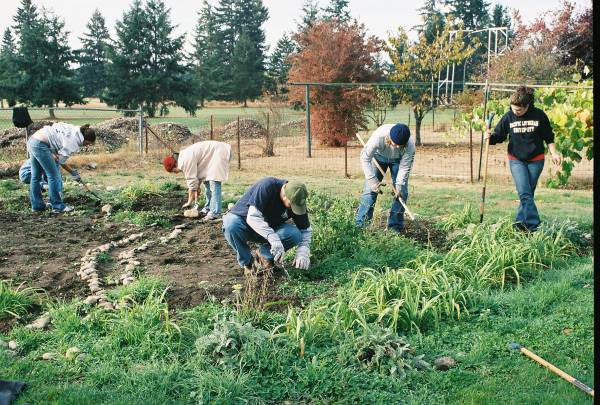 |
| Bestill boka (+smakebiter) her! |
Jeg har den store glede og ære å presentere vinneren av Tobakksfriprisen 2011 -Tone Bergli Joner. Hun har ført en utrettelig kamp for å avdekke tobakksindustriens mange uredelige metoder, og for å gjøre dette forståelig for det norske folk. Det er flott at vi i dag kan krone hennes verk med den største herder som vi kan gi henne.
Tones Joners offentlige innsats mot tobakken knytter seg først og fremst til de siste ti årene. Hun har utgitt to viktige bøker og skrevet en rekke artikler om tobakk. Dette skal jeg komme tilbake til, men først skal jeg framheve noe av det hun har gjort i sitt tidligere liv, slik at vi kan bli litt kjent med hvem hun er.
Tone Joner har utdannelse innen psykologi, motetegning og dukkespill. Hun har også en mangesidig yrkeserfaring - motedesign, dukketeater, TV-serier med mer. Hun har skrevet ca 60 fagbøker om en rekke ulike emner, blant annet musikk, formgivning, hobby-virksomhet, barnesikkerhet og søvnproblemer hos barn. Hun skriver og synger viser sammen med sin mann Pelle Joner.
Pelle er biokjemiker, og den første tobakksboken skrev de to sammen. Den heter "Det store bedraget" og har undertittelen "Alt tobakksindustrien ikke vil at du skal vite". Boka kom ut i 2002, og jeg skal her nevne forfatternes viktigste teser:
1. I flere tiår har tobakksindustrien løyet om de enorme helseskadene som knytter seg til tobakken.
2. Tobakksindustrien har også løyet om den sterke nikotinavhengigheten som knytter seg til tobakken.
3. Tobakksindustrien har fortiet og underslått egne forskningsresultater og kunnskaper om skadevirkningene.
4. Tobakksindustrien har ved utspekulerte reklametriks lokket barn og ungdom til å bli røykere.
5. Tobakksindustrien har betalt forskere, politikere og journalister for å bagatellisere kunnskap om helseskadene og nikotinavhengigheten.
6. Tobakksindustrien har bestukket filmprodusenter og skuespillere for å gi de unge "forbilder" som røyker på film.
7. Tobakksindustrien har genmanipulert tobakksplanter for å øke nikotininnholdet og avhengigheten.
8. Tobakksindustrien har latterliggjort tobakksmotstandere og helseopplysning.
9. Tobakksindustrien har i stor stil smuglet sigaretter for å presse ned tobakksavgiftene.
10. Tobakksindustrien har bevisst satset på markeder i fattige land hvor det har vært få restriksjoner mot tobakk.
Etter min mening er påstandene i denne boka grundig dokumentert, den er meget godt skrevet, og boka inneholder svært viktig informasjon. Den burde ha fått stor utbredelse, og det var som utgangspunkt betydelig interesse for den i massemediene. Journalister som ringte til meg, sa imidlertid at informasjonssjef Jan Robert Kvam i Tidemanns Tobakksfabrikk hadde uttalt at boka ikke inneholdt noe nytt. Det var jo tilsynelatende et kraftig argument for at massemediene ikke skulle skrive om boka. Men reelt sett var det meget avslørende at tobakksindustrien hadde visst om helseskadene og nikotinavhengigheten i tiår etter tiår, og at den dertil hadde fortiet og bagatellisert dette overfor forbrukerne og statsmyndighetene.






